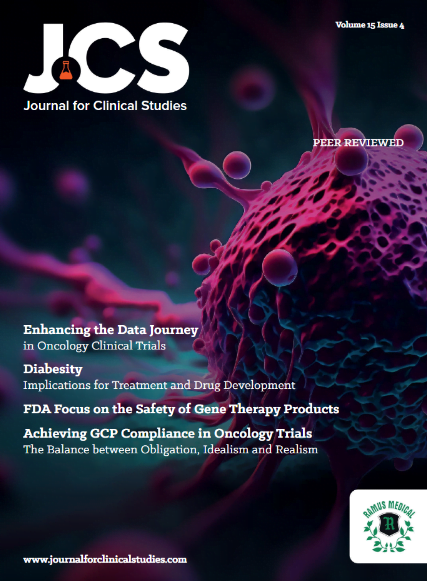In another abysmal day for large pharma companies’ off-patent drugs, generics makers have once again offered hefty discounts to win large tender offers in China, elbowing out original developers.
In China’s latest volume-based procurement, more than 200 companies making 60 off-patent drugs slashed their prices by an average 48% to win supply contracts with public hospitals, state-run People’s Daily reports.
Eisai’s liver cancer drug Lenvima, AstraZeneca’s beta blocker Seloken/Toprol XL, Pfizer’s kidney cancer drug Sutent, Boehringer Ingelheim’s second-generation EGFR lung cancer med Giotrif, Roche’s first-generation EGFR inhibitor Tarceva and flu drug Tamiflu, Gilead Sciences’ antiviral Vemlidy (TAF), Novartis’ antiemetic Zofran and hormone therapy Sandostatin are among a long list of originators that are walking away empty handed.
Lenvima generics won tenders by lowering the drug’s average per-pill price from 108 Chinese yuan ($16.1) to 18 Chinese yuan ($2.7), according to People’s Daily. That means about 8,100 yuan in savings per treatment cycle.
Based on 2021 sales numbers, drugs included in the latest volume-based procurement (VBP) scheme cover a market of over 30 billion yuan ($4.5 billion) via public hospital channels, state-run CCTV reports.
Bayer’s blood pressure med Adalat/Procardia XL and Sumitomo Dainippon’s antibiotic meropenem and their generics represent the two largest markets, each covering about $1 billion in annual sales at public hospitals, the news network reports. Neither originator won contracts against the generics. For Tamiflu and its copycats, public hospitals were a $1 billion market before the pandemic.
The fiercest competition came for AstraZeneca’s old proton-pump inhibitor omeprazole, which is available in the U.S. over the counter. Altogether 27 companies participated in the bidding.
In the end, only four originators got in with an average discount of 67%, People Daily reports. They are Pfizer’s antibiotic Tygacil, Astellas’ antifungal Mycamine, Almirall’s antibiotic Kestine and Italian firm Bracco Imaging’s imaging agent Isovue.
All told, the contracts could save China 18.5 billion yuan ($2.75 billion) a year, the newspaper reports.
The latest VBP marks its seventh round, including one last year dedicated to insulins. Average discounts in the past have also been hovering at around 50%, with the steepest by any single drug logging more than 98%.
Foreign pharmas have largely been used to these pricing assaults on their established products, but it doesn’t mean they hurt any less each time. After losing out in last year’s VBP, Bayer’s blockbuster blood thinner Xarelto suffered a rare 5% sales decline in the first quarter despite growth in all other regions except for China.
AstraZeneca, the largest multinational pharma company in China by sales, has recently started to see Chinese revenue decline no thanks to these tough biddings. And the current Seloken/Toprol XL loss in VBP will dent AZ’s China performance again. Last year, nearly 98% of the heart drug’s $951 million sales came from emerging markets.
Meanwhile, companies like AZ have been turning to retail channels outside of hospitals to compete and has banked on new drugs to propel overall China growth. But sometimes, these solutions just aren’t enough.
AZ has warned its China revenues will decline mid-single-digit percentage in 2022 after years of double-digit increases. The gloomy outlook also comes as AZ is busy expanding its innovative drugs like third-generation EGFR lung cancer med Tagrisso after offering big discounts to win national reimbursement.















